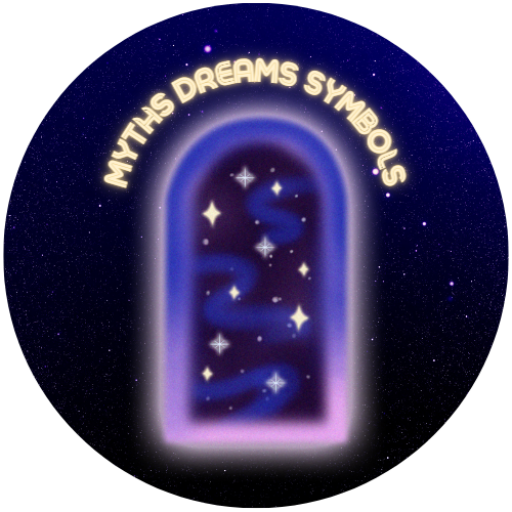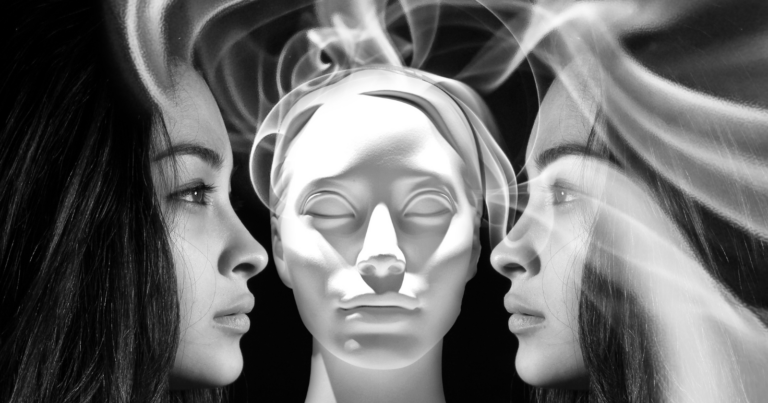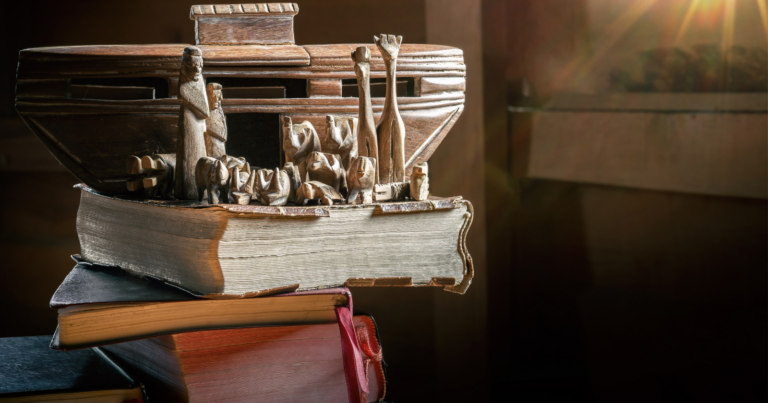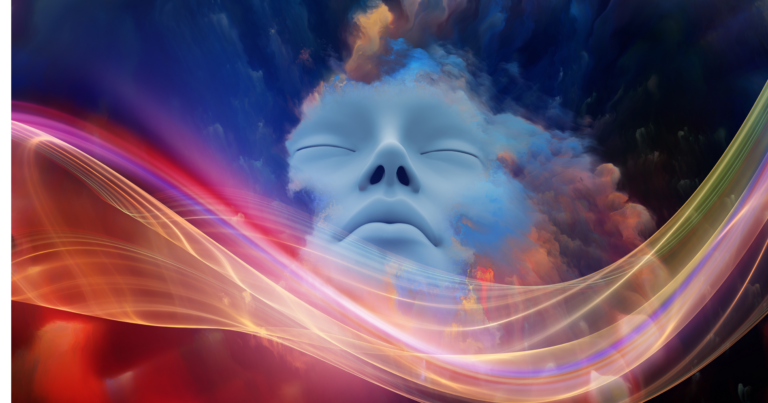In the fascinating interplay between the conscious and unconscious realms, myths and dreams converge, creating a rich tapestry that deeply influences our psyche and life journey. Joseph Campbell, a luminary in understanding myths and their profound impact on human experience, believed that myths are not merely ancient stories but vital narratives that continue to shape our dreams, aspirations, and understanding of the world. Let’s explore the transformative role of myths in shaping our dreams, guided by Campbell’s insightful perspectives.
The Universal Language of Myths and Dreams
Campbell saw myths as the collective dreams of societies, while dreams are the personal myths of individuals. Both share a universal language of symbols and archetypes, transcending time and culture to speak directly to the human soul. Myths, like dreams, are imbued with themes of heroism, adventure, transformation, and the eternal quest for meaning, reflecting our deepest fears, desires, and quests for identity.
Archetypes: The Connective Threads
At the heart of Campbell’s exploration is the concept of archetypes—universal symbols and themes that recur in myths across different cultures. These archetypes, such as the Hero, the Mentor, the Shadow, and the Trickster, also populate our dreams, guiding us through personal growth and challenges. Campbell believed that by engaging with these archetypal stories, we tap into a reservoir of wisdom and insight that can illuminate our path, both in waking life and in the dreamscape.
The Hero’s Journey: A Blueprint for Life and Dreams
Campbell’s seminal concept, the Hero’s Journey, outlines the archetypal stages of an individual’s adventure toward self-discovery and fulfillment. This journey, echoed in our dreams, mirrors our own life experiences—from the call to adventure and facing trials, to receiving supernatural aid and ultimately returning transformed. By understanding the Hero’s Journey, we can better interpret our dreams and see them as narratives of our subconscious working through obstacles, fears, and aspirations.
Dreams as Personal Myths
Just as myths offer narratives for understanding the collective human experience, our dreams offer personal myths that reflect our individual journey. Campbell encouraged us to view our dreams as messages from the unconscious, filled with symbolic guidance and lessons. By deciphering these personal myths, we engage in a dialogue with our deeper selves, uncovering insights that can guide our actions, choices, and understanding of our place in the world.
Navigating Life with Mythic Wisdom
Campbell’s work teaches us that by exploring the myths that resonate with us and reflecting on the dreams that stir our soul, we can gain profound insights into our life’s purpose, challenges, and potential for growth. Myths and dreams are not escapist fantasies but vital narratives that inform our understanding of life, offering maps for navigating the human experience with courage, wisdom, and a sense of wonder.
Conclusion: Embracing the Mythic Dimension of Dreams
The role of myths in shaping our dreams, as illuminated by Joseph Campbell, invites us to explore the deeper dimensions of our psyche and the collective unconscious. In this exploration, we discover that myths and dreams are not separate threads but interwoven strands of the same tapestry, reflecting the universal quest for meaning, transformation, and connection. As we journey through the landscapes of myths and dreams, we are guided by the timeless wisdom embedded in these narratives, empowering us to live more fully, with an enriched understanding of ourselves and the world around us.
Let us embrace the mythic dimension of our dreams, allowing the archetypal stories and symbols to guide us toward greater self-awareness and fulfillment, for in the realm of myths and dreams, we find the keys to unlocking the mysteries of the soul and the universe.












